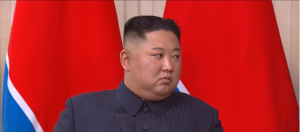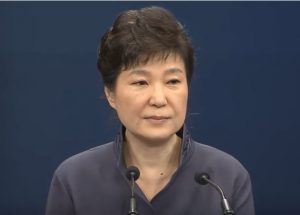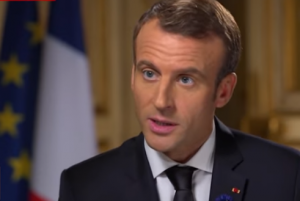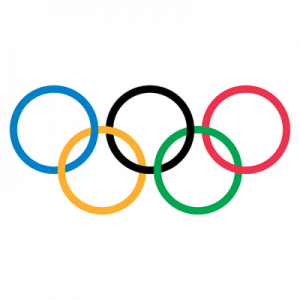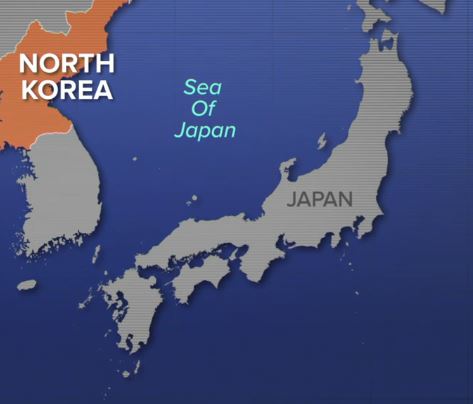
The New York Times: North Korea agreed on Tuesday to send athletes to February’s Winter Olympics in South Korea, a symbolic breakthrough after months of escalating tensions over the North’s rapidly advancing nuclear and missile programs.
In talks held at the border village of Panmunjom, North Korean negotiators quickly accepted South Korea’s request to send a large delegation to the Winter Olympics in Pyeongchang, South Korea, next month, according to South Korean news reports. In addition to the athletes, the North will send a cheering squad and a performance-art troupe.
The event will be the first time North Korea has participated in the Winter Games in eight years. The country has competed in every Summer Olympics since 1972, except the 1984 Games in Los Angeles and the 1988 Games in Seoul, both of which it boycotted.
In fact, the North’s attendance will be a historic development in inter-Korean sports exchanges.
The North not only shunned the 1988 Seoul Olympics but also tried to disrupt them after talks on co-hosting them fell apart. Its agents planted a bomb on a Korean Air passenger plane in 1987 in a terrorist attack that the South said was aimed at sabotaging the 1988 Olympics. All 115 people on board were killed.
It was not immediately clear whether North Korea attached any conditions to its decision to attend.
The agreement was reached in talks between Cho Myoung-gyon, the South Korean cabinet minister in charge of relations with the North, and his North Korean counterpart, Ri Son-kwon.
The development came after Mr. Ri opened the talks by throwing a curveball: He suggested that the talks be open to reporters. That way, he said, the people in both Koreas would be able to witness the North’s sincerity about improving ties.
But, wary of North Korea’s mastery of propaganda, Mr. Cho agreed only to open parts of the talks to pool reporters.
The closed-circuit television footage of the talks at Panmunjom, in the middle of the world’s most dangerous border, was relayed in real time to Seoul, where officials scrutinized North Korean tactics. The North transmitted the audio of the meeting to its capital, Pyongyang.
While the focus of Tuesday’s talks was the Olympics, South Korean officials were also expected to explore whether North Korea is interested in talks with the United States to ease tensions over its nuclear arms programs.
In his New Year’s Day speech, Kim Jong-un, the leader of North Korea, proposed holding the dialogue with South Korea to discuss his country’s participation in the Pyeongchang Games. In the same speech, he also claimed to have acquired a nuclear deterrent, including intercontinental ballistic missiles he said he could unleash on the United States with his “nuclear button.”
Some analysts said Mr. Kim was hoping to use his country’s self-proclaimed status as a nuclear weapons state as leverage to win concessions from Washington, particularly the easing of increasingly crippling sanctions. President Trump and Secretary of State Rex W. Tillerson said that Mr. Kim’s decision to start dialogue with South Korea was a sign that their campaign to isolate the North was working.
The talks at Panmunjom provide an opportunity to gauge whether North Korea is willing to moderate its behavior after a year of provocative nuclear and missile tests that have raised fears of all-out war on the Korean Peninsula.
But the initial focus was on the Olympics.
South Korean officials must still nail down the travel route, lodging and other logistics of a North Korean Olympic delegation. They are also expected to propose that the two delegations march together behind a “unified Korea” flag during the opening and closing ceremony of the Olympics, a symbolic gesture for a peninsula that was divided into the Soviet-backed North and the pro-American South upon liberation from Japan’s colonial rule at the end of World War II.
North Korea has traditionally sent only a small delegation to the Winter Games and has never won a gold medal at them.
The International Olympic Committee is eager for the North to return, promising to help cover its athletes’ expenses in Pyeongchang.
The only North Korean athletes to qualify for the Pyeongchang Games so far are a pairs figure skating team. But North Korea missed an Oct. 31 deadline to accept invitations from the I.O.C. and South Korea to join the Games. The I.O.C. has said it remained flexible, willing to consider wild-card entries for North Korean athletes.
In recent decades, North Korea has alternated between provocation and dialogue, and it remained unclear whether its participation in the Olympics signaled a softening. For the South Koreans, who have been rattled by the exchange of threats of war between North Korea and the United States in the past year, the border talks provide a welcome reprieve, although some analysts warned that it might be short-lived.
South Korea hopes that the talks at Panmunjom will lead to other moves to ease tensions, like temporary reunions of elderly people in both Koreas who have been separated from family members since the Korean War.
South Korea’s president, Moon Jae-in, is a strong proponent of dialoguewith North Korea, even as his country’s American allies say military action remains an option to halt the North’s nuclear brinkmanship.
Mr. Moon’s government says North Korea will be less likely to conduct a nuclear or missile test during the Olympics if its athletes are competing in the South. It hopes to use such a lull in the standoff to create a momentum for negotiations between North Korea and the United States.

